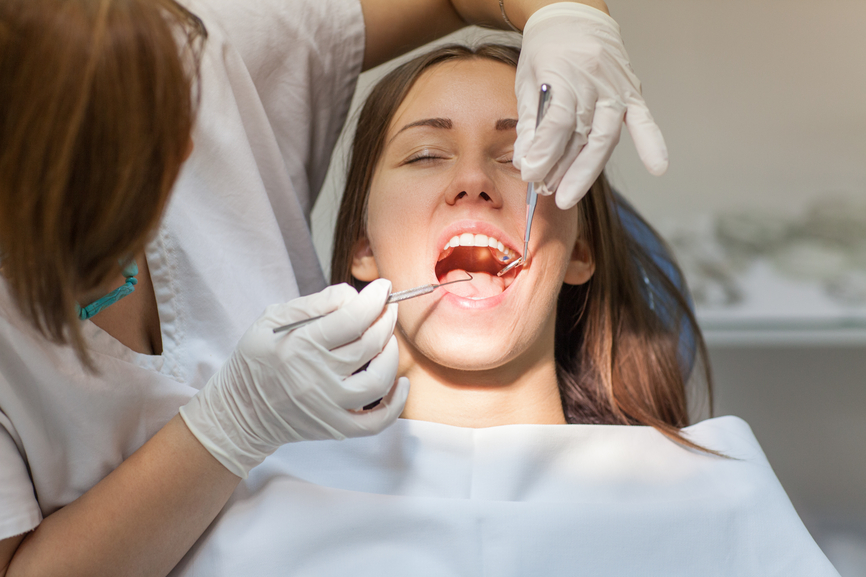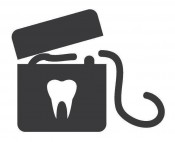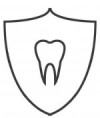The start of a new year is a perfect time to set new personal and professional goals. While many of us focus on self-improvement after the holidays, dental hygienists remind Canadians not to overlook oral health when making choices about improving overall physical and mental wellness.
“Resolving to make oral health a priority in your daily life is an investment in your future,” says Mandy Hayre, president of the Canadian Dental Hygienists Association (CDHA). “Research suggests that periodontal disease, which can result from unchecked plaque on the teeth, is a risk factor for serious life-threatening illnesses such as diabetes, lung and heart disease, and stroke,” she explains, noting that Canadians young and old can set oral health goals and develop new habits in 2015. Here are some helpful dental hygiene tips for all ages:
Infants and Toddlers up to age 3:
Wipe your baby’s mouth and gums with a clean, wet cloth after feeding. Teach toddlers to hold a toothbrush, but brush for them twice a day using water (no toothpaste is necessary) once their first teeth appear.
Children ages 3 – 6:
Help your children to brush their teeth twice a day, using a pea-sized amount of fluoride toothpaste. Show them how to brush every tooth surface and their tongue, and make sure that they spit out the toothpaste when they are done.
Children ages 6 – 13:
Encourage children to clean between their teeth once a day, in addition to brushing twice a day for two minutes with fluoride toothpaste. Help them to make healthy food choices, avoiding sweets and sugars. Have them fitted for a sports mouthguard to be worn during athletic activity.
Teenagers and Adults:
Brush teeth at least twice a day with fluoride toothpaste. Rinse with an antibacterial mouthwash and clean in between the teeth at least once a day. Eliminate tobacco use and eat nutritious foods that are low in sugar. Remember to wear a sports mouthguard during active play.
Seniors:
Brush natural teeth twice a day with fluoride toothpaste and clean in between the teeth at least once a day. Clean and soak dentures (full or partial) daily. Brush and massage the gums, either with a soft toothbrush or with a warm, damp cloth.
And of course, everyone from the age of one should visit a dental professional regularly to ensure optimum oral health. Make a commitment to good oral health care in 2015 and you’ll enjoy the benefits for a lifetime!
Serving the profession since 1963, CDHA is the collective national voice of more than 26,800 registered dental hygienists working in Canada, directly representing 17,000 individual members including dental hygienists and students. Dental hygiene is the 6th largest registered health profession in Canada with professionals working in a variety of settings, including independent practice, with people of all ages, addressing issues related to oral health.





